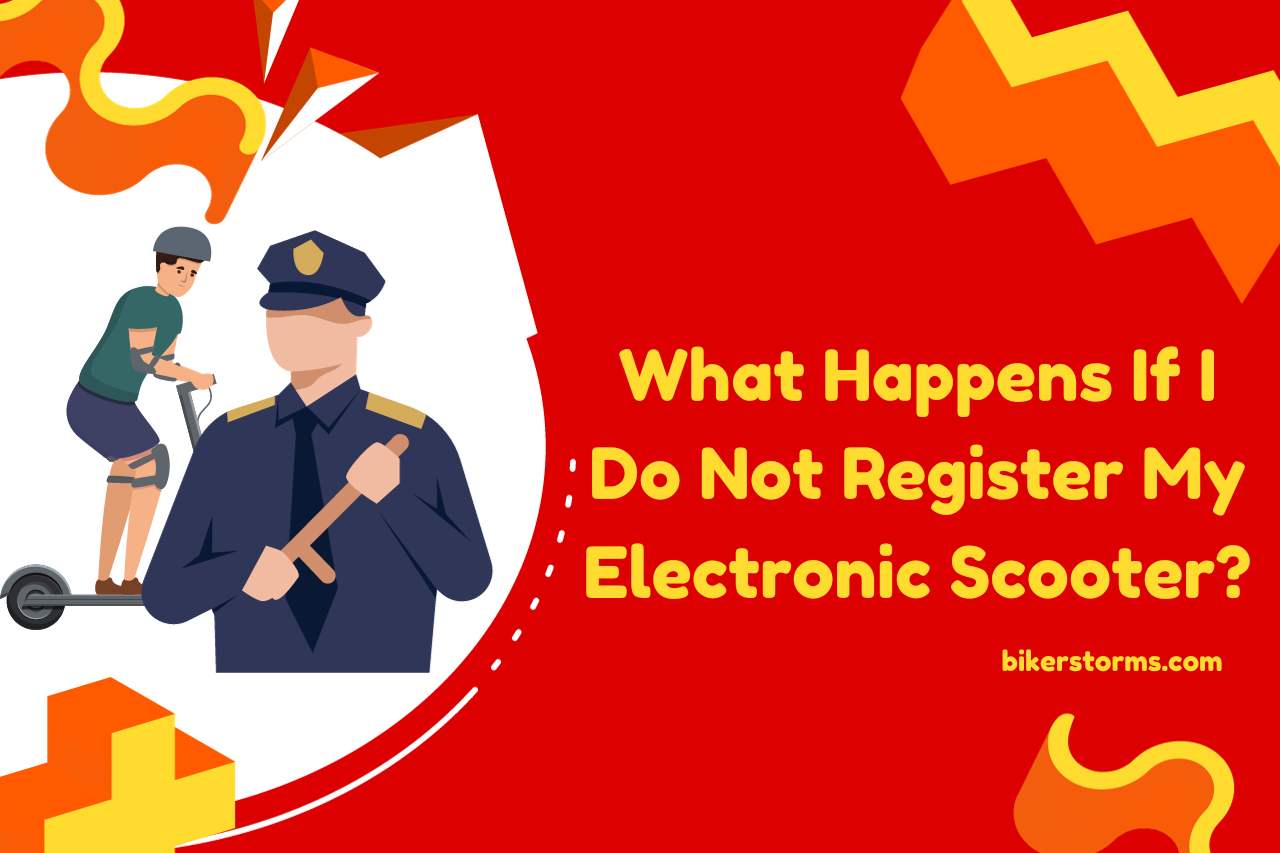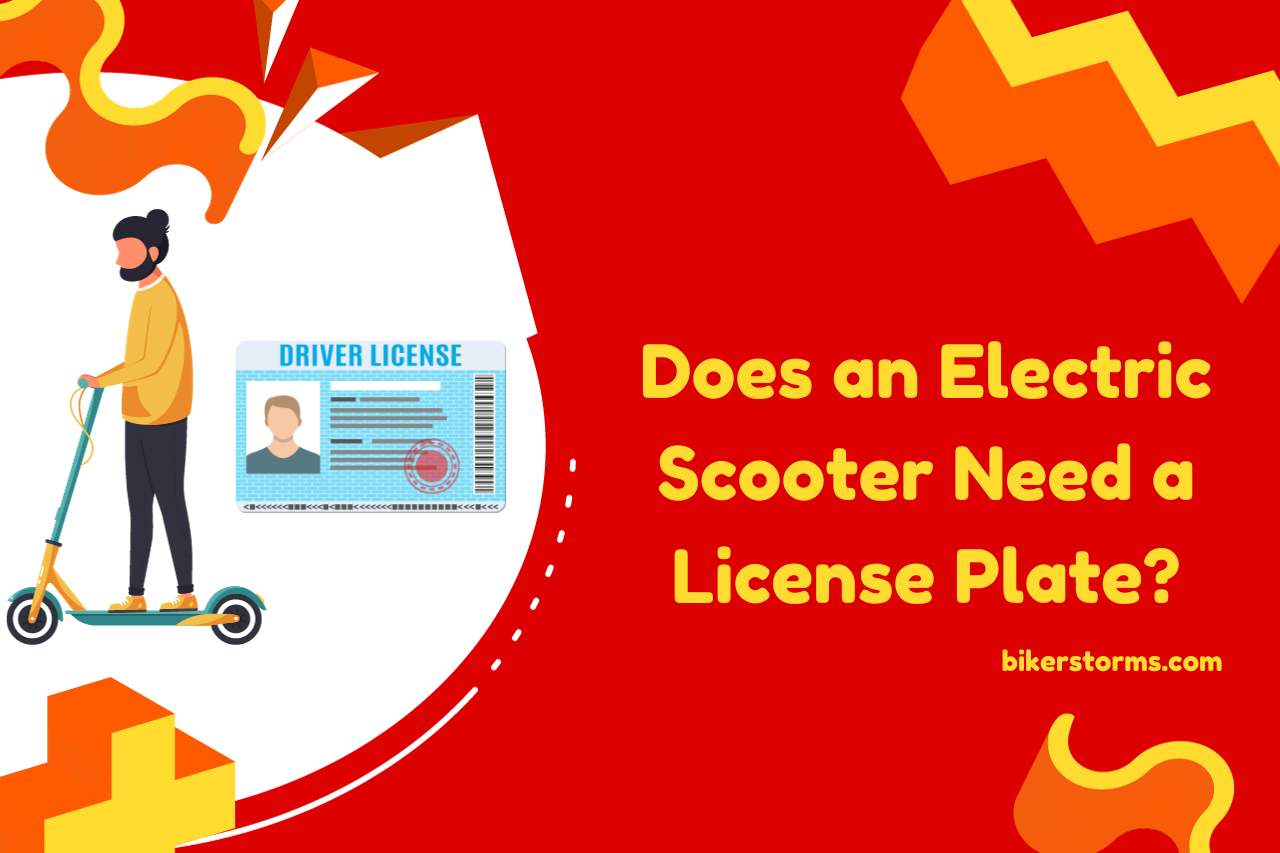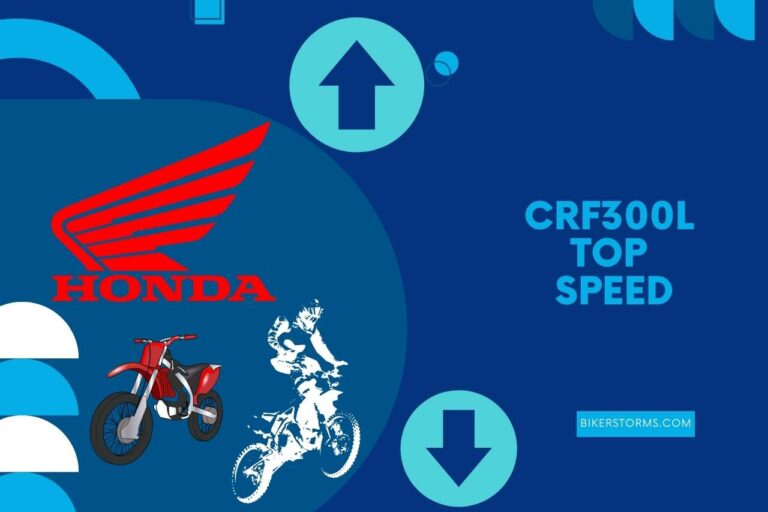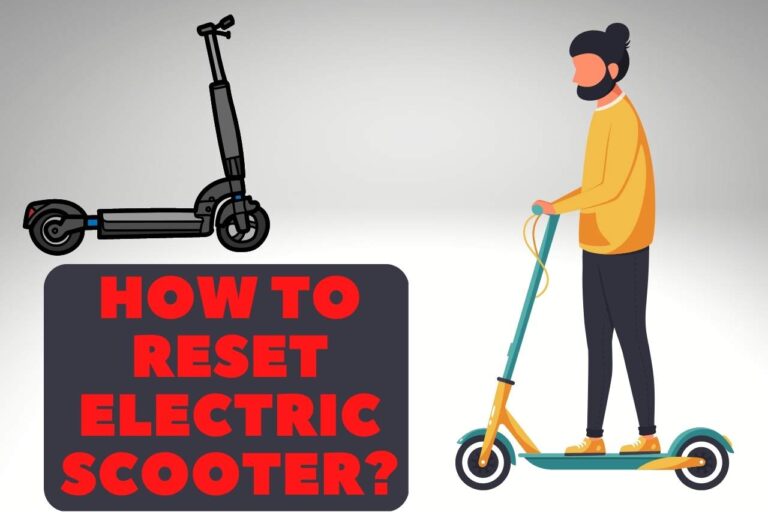Does an Electric Scooter Need a License Plate? Unveiling the Law!
Navigating the rules of the road with an electric scooter, one pressing question often arises: “Does an electric scooter need a license plate”? As e-mobility evolves, it is crucial to understand the legal requirements for your electric scooter, including registration and speed regulations. Otherwise, you will have to face some troublesome situations for neglecting laws. This comprehensive guide cuts through the legalese to provide clear, region-specific insights into when your two-wheeled transporter may require that official metal tag, what you could expect if you bypass registration, and how to ride within legal speed thresholds, ensuring you stay on the right side of the law.
Does an Electric Scooter Need a License Plate in the USA?
Electronic scooters do not need license plates in most states of the USA.
Electric scooters that meet the definition of a “low-speed electric bicycle” under federal law it is a “Class C” vehicle.
However, the classification and regulations can vary, with some states mandating registration and a license plate if the scooter exceeds certain speed or power thresholds. For instance, if you ride an electronic scooter in California, you should have a driver’s license and keep the speed at 15 mph.
In New York City, it is possible to speed up the vehicle up to 20 mph.
Thus, be mindful of these factors before you ride an electric scooter in public.
- State Regulations: Check your local DMV guidelines, as requirements differ from state to state. Some may classify electric scooters similarly to mopeds, requiring plates and registration.
- Speed and Power Limits: Typically, electric scooters with a top speed of 20 mph or less and a motor power below 750 watts are exempt from the need for a license plate.
- Use Case: If you’re using the scooter on private property, you likely won’t need a plate. In contrast, public roads and spaces follow certain rules.
- Age of Rider: In some states, the rider’s age can affect the need for a license or registration.
According to Canadian laws, the necessity of a license depends on the municipality. It can differ from one province to the other in Canada.
Does an Electric Scooter Need a License Plate in Europe?
In Europe, the requirement for an electric scooter to have a license plate varies by country. Many European countries mandate registration and, consequently, a license plate for electric scooters, especially if they exceed certain speed and power specifications.
Here’s a concise guide:
- Country-Specific Laws: European countries have their own set of rules regarding electric scooters. Always refer to the local transportation authority for the most accurate information. In the UK, electric bikes should comply with the Electrically Assisted Pedal Cycles (EAPC) rules, although a license plate is not necessary. It is possible to ride an electric scooter without a driver’s license in most European countries, such as Austria, Denmark, France, Finland, Germany, Italy, Portugal, Spain, Sweden, etc.
- Speed and Power Classification: If an electric scooter can exceed speeds of 25 km/h or has a motor more powerful than 250 watts, it’s likely to be classified similarly to motor vehicles, which require a license plate in many jurisdictions.
- Public Roads vs Bicycle Lanes: Usage on public roads often requires a license plate, while riding in designated areas like bicycle lanes might not.
- Insurance: Some countries require electric scooters to be insured, which is usually associated with having a license plate.



What Happens If I Do Not Register My Electronic Scooter?
If you do not register your electric scooter according to the specific laws in your country, you may face penalties such as fines, confiscation of the scooter, or even legal charges, depending on local laws. Thus, the first thing first! If your country’s law declares that electronic scooters need registration, do it to avoid the following consequences.
- Fines: Unregistered scooters can attract heavy fines, which vary depending on local regulations.
- Confiscation: Authorities may impound your scooter, and you might incur additional fees to retrieve it.
- Legal Repercussions: Continual non-compliance could lead to legal action, ranging from citations to misdemeanors, depending on the jurisdiction.
- Insurance Void: Without registration, any insurance policy may be invalidated, leaving you financially vulnerable in case of accidents.
What is the Maximum Speed at Which I Can Ride an Electronic Bike in Public?
The maximum speed you can ride an electric bike in public typically is 15 mph (32 km/h) on level ground.
Electric bikes, also known as e-bikes, are subject to specific speed limits when operated on public roads and bike paths.
Here is what you need to know when setting the speed of your electronic bike.
- Speed Regulation: Most places cap e-bike speeds at 20 mph to keep in line with safety standards for shared paths.
- E-bike Classes: Different classes of e-bikes have distinct speed limits; ensure you know which class your e-bike falls under.
- Local Laws: Always verify with local traffic regulations as they can dictate different speed limits for e-bike usage.
Watch this one,
Video Credits – Ride the Wind Ebikes
You May Also Like
- Can you Get a DUI On a Electric Scooter? Important Facts!!
- How to Make Electric Scooter Faster? Unlock Speed!
- Electric Scooter Battery Not Charging – No Charge? No Problem!
- How Long does an Electric Scooter Charge Last? (Ultimate Guide)
- How to Remove Speed Limiter on Electric Scooter? Full Throttle Ahead!







